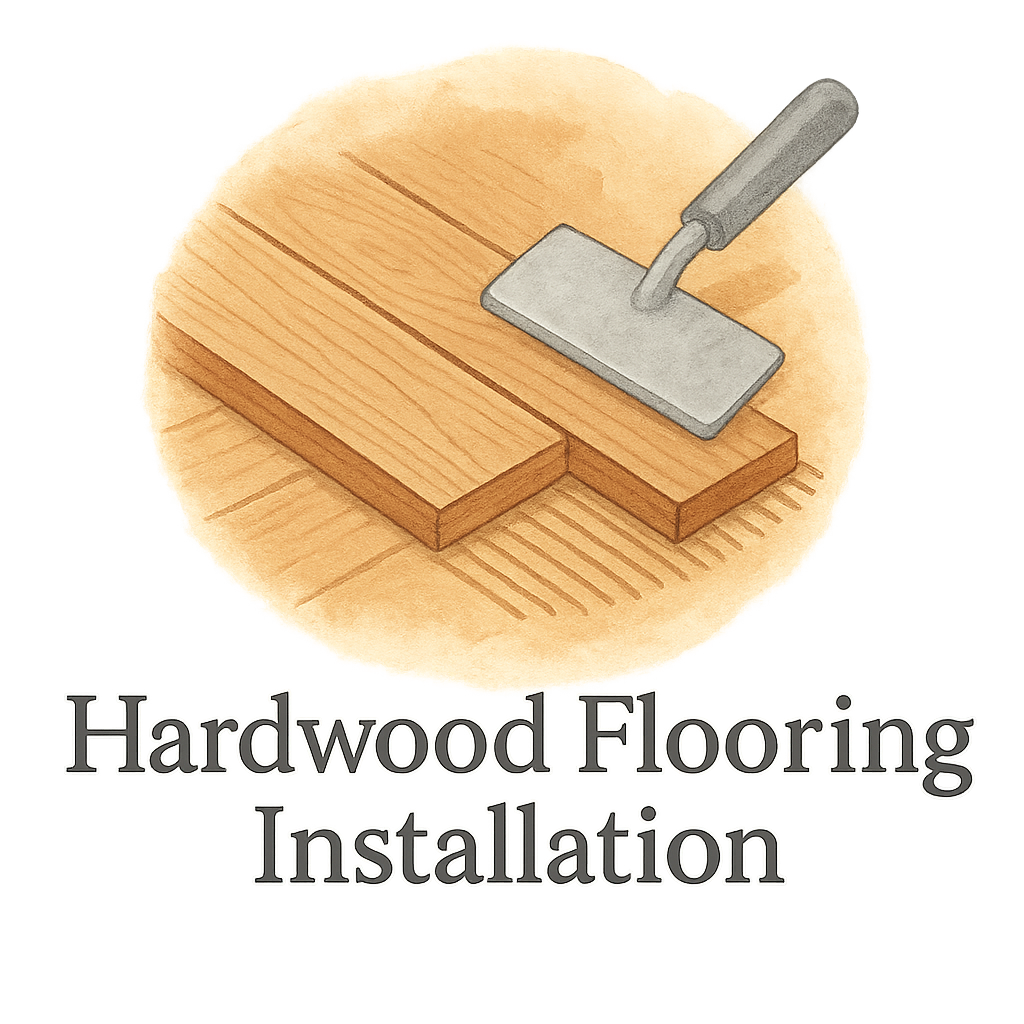Introduction
Got hardwood floors at home? Then you already know they can be both stunning and high-maintenance. But here’s the good news—maintaining them doesn’t mean splurging on pricey, chemical-filled products. In fact, natural cleaners can do the job just as well, often better, while keeping your space eco-friendly and family-safe.
This guide walks you through six amazing natural cleaners for hardwood flooring maintenance, along with how to use them effectively, and what to avoid. Let’s keep those floors shining without the toxins!
Why Choose Natural Cleaners for Hardwood Floors?
Benefits Over Commercial Products
Natural cleaners are not just a trend—they’re a smart choice. Unlike commercial products, they:
- Don’t strip away your floor’s finish
- Reduce exposure to harmful fumes
- Are safe for kids and pets
- Cost way less
Think of it this way: if you wouldn’t spray it near your baby or dog, should you really be using it on your floor?
Protecting Your Floor’s Finish
Hardwood floors have a protective seal that’s vulnerable to harsh chemicals. Many store-bought cleaners break this layer down over time. Natural solutions, on the other hand, work with your floor—not against it.
Want to go deeper into long-term protection? Check out flooring maintenance and repair tips for expert help.
General Tips for Using Natural Cleaners
Do’s and Don’ts
- ✅ DO use a soft microfiber mop or cloth.
- ❌ DON’T soak your floors. Hardwood hates standing water.
- ✅ DO follow up with a dry wipe after cleaning.
- ❌ DON’T use vinegar daily—it’s acidic and should be diluted.
Test First—Always
Always test your DIY cleaner on a small, hidden section first. Different wood types and finishes react differently.
For best results, see our guide on flooring preparation before you clean.
1. White Vinegar and Water Solution
How to Mix and Use It
Mix:
- ½ cup white vinegar
- 1 gallon warm water
Use a lightly damp mop (wring it well!) to clean the floor, and then go over it with a dry cloth.
Best Situations for This Cleaner
This mix is great for everyday dirt and grime, but avoid using it daily. Stick to once a week or less.
Explore more on DIY flooring installation for tips on maintaining new floors.
2. Baking Soda for Spot Cleaning
How It Works on Scuffs and Stains
Baking soda acts as a gentle abrasive. For stains:
- Sprinkle baking soda on the spot
- Dampen a cloth and rub gently
- Wipe clean and dry
Safety Considerations
Avoid scrubbing too hard—it can dull the finish. And never use baking soda on unsealed wood.
Want more home care hacks? Browse the cleaning tag.
3. Olive Oil and Lemon Juice Polish
Natural Shine Without Residue
This combo not only cleans but adds shine.
DIY Recipe
- ¾ cup olive oil
- ½ cup lemon juice
Mix well, spray lightly, and buff with a soft cloth. Use monthly to maintain a natural glow.

Related reading: Best materials for long-lasting hardwood beauty.
4. Castile Soap Floor Wash
Gentle but Effective
Castile soap is plant-based and tough on dirt. It’s perfect for deep cleaning.
Ideal Cleaning Method
Mix:
- 1 tsp Castile soap
- 1 gallon warm water
Mop with a lightly damp cloth and dry immediately.
Discover more on flooring tools and materials to optimize your routine.
5. Black Tea Cleaner
Great for Restoring Color and Shine
Surprising? Yes. Effective? Absolutely. Tannic acid in tea enhances wood’s natural tones.
How to Brew and Apply
- Brew 3 black tea bags in 4 cups of hot water
- Let cool
- Dip a cloth, wring it, and wipe the floor
- Dry with a clean towel
Want better shine without polish? Read more under flooring maintenance.
6. Essential Oil Mix for Fragrance and Antibacterial Properties
Popular Oils and Their Benefits
- Tea Tree Oil: Antibacterial
- Lavender: Calming aroma
- Lemon Oil: Degreaser & deodorizer
How to Use Safely on Hardwood
Mix 10 drops of your favorite oil with 1 gallon of water and use with a mop. Always test first!
Explore more home improvement solutions using essential oils.
What to Avoid When Cleaning Hardwood Floors
Harsh Chemicals
Bleach, ammonia, and harsh detergents can strip finish and stain wood.
Too Much Water
Water is wood’s enemy. Even natural solutions must be used in moderation.
Creating a Natural Cleaning Schedule
Weekly vs Monthly Maintenance
- Weekly: Dust mop and lightly clean with vinegar or Castile soap
- Monthly: Use olive oil polish or black tea for shine
Combining Cleaners Strategically
Don’t use multiple cleaners at once. Pick one per session to avoid interactions.
For more planning tips, see flooring cost & time estimation and planning guides.
Conclusion
Hardwood floors bring timeless charm—but they need the right care. With these 6 natural cleaners for hardwood flooring maintenance, you can keep your floors gleaming without the side effects of chemicals. Whether it’s a splash of vinegar or a polish of lemon and oil, your floors (and lungs) will thank you.
Just remember: always test first, dry immediately, and clean consistently.
Need more help? Visit our complete flooring maintenance guide for tips, tools, and troubleshooting.
FAQs
1. Can I use vinegar daily on my hardwood floors?
No, vinegar is acidic. Overuse can damage the finish. Limit to once a week or less.
2. Is olive oil safe for all hardwood floors?
Yes, but always test it in a small spot first. It’s best for sealed wood surfaces.
3. Does baking soda scratch hardwood?
It can if overused or rubbed too hard. Use gently and rinse thoroughly.
4. Can I mix essential oils directly with vinegar?
You can, but test it first. Some oils can interact with vinegar or affect finish.
5. How do I fix cloudy buildup on my floor?
Use a mix of warm water and vinegar for light haze. If it persists, seek professional help.
6. What’s the best mop to use?
A microfiber mop works best. It’s gentle and absorbs moisture without soaking the wood.
7. Where can I find more tips on DIY flooring care?
Check out the full range of resources under DIY, guide, and tips for expert help.


